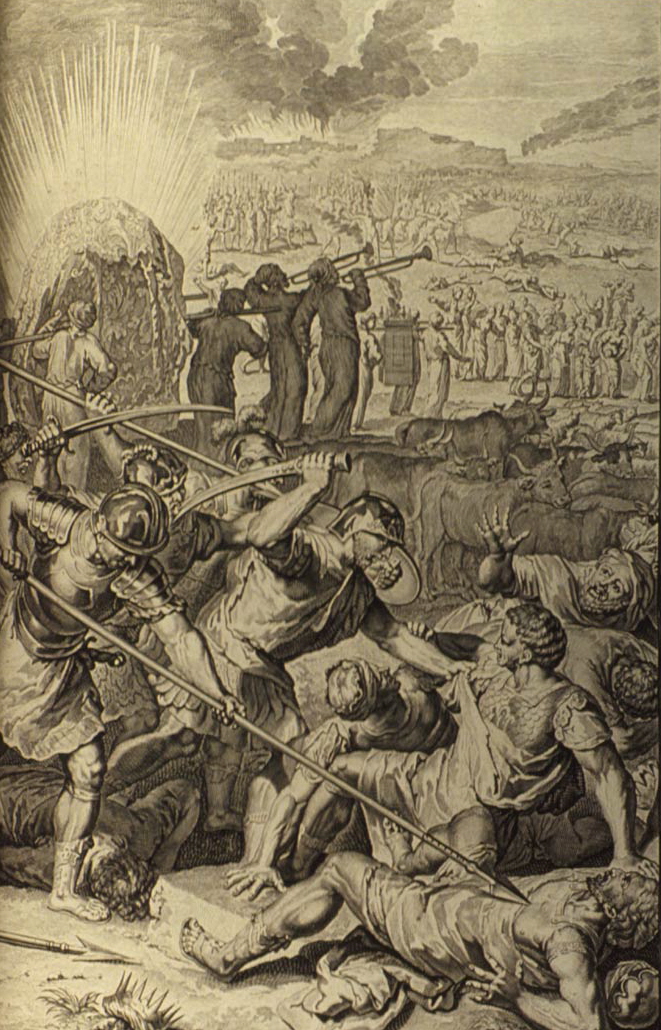|
Yizrael Valley
The Jezreel Valley (from the he, עמק יזרעאל, translit. ''ʿĒmeq Yīzrəʿēʿl''), or Marj Ibn Amir ( ar, مرج ابن عامر), also known as the Valley of Megiddo, is a large fertile plain and inland valley in the Northern District of Israel. It is bordered to the north by the highlands of the Lower Galilee region, to the south by the Samarian highlands, to the west and northwest by the Mount Carmel range, and to the east by the Jordan Valley, with Mount Gilboa marking its southern extent. The largest settlement in the valley is the city of Afula, which lies near its center. Etymology The Jezreel Valley takes its name from the ancient city of Jezreel (known in Hebrew as Yizre'el; ; known in Arabic as Zir'ēn, ) which was located on a low hill overlooking the southern edge of the valley. The word ''Jezreel'' comes from the Hebrew, and means "God sows" or " El sows".Cheyne and Black, '' Encyclopedia Biblica'' The phrase "valley of Jezreel" was sometimes used ... [...More Info...] [...Related Items...] OR: [Wikipedia] [Google] [Baidu] |
Tel Megiddo
Tel Megiddo ( he, תל מגידו; ar, مجیدو, Tell el- Mutesellim, ''lit.'' "Mound of the Governor"; gr, Μεγιδδώ, Megiddo) is the site of the ancient city of Megiddo, the remains of which form a tell (archaeological mound), situated in northern Israel near Kibbutz Megiddo, about 30 km south-east of Haifa. Megiddo is known for its historical, geographical, and theological importance, especially under its Greek name Armageddon. During the Bronze Age, Megiddo was an important Canaanite city-state and during the Iron Age, a royal city in the Kingdom of Israel. Megiddo drew much of its importance from its strategic location at the northern end of the Wadi Ara defile, which acts as a pass through the Carmel Ridge, and from its position overlooking the rich Jezreel Valley from the west. Excavations have unearthed 20 strata of ruins since the Neolithic phase, indicating a long period of settlement. The site is now protected as Megiddo National Park and is a Worl ... [...More Info...] [...Related Items...] OR: [Wikipedia] [Google] [Baidu] |
Midian
Midian (; he, מִדְיָן ''Mīḏyān'' ; ar, مَدْيَن, Madyan; grc-gre, Μαδιάμ, ''Madiam'') is a geographical place mentioned in the Hebrew Bible and Quran. William G. Dever states that biblical Midian was in the "northwest Arabian Peninsula, on the east shore of the Gulf of Aqaba on the Red Sea", an area which he notes was "never extensively settled until the 8th–7th century B.C." According to the Book of Genesis, the Midianites were the descendants of Midian, who was a son of Abraham and his wife Keturah: "Abraham took a wife, and her name was Keturah. And she bare him Zimran, and Jokshan, and Medan, and Midian, and Ishbak, and Shuah" (Genesis 25:1–2, King James Version). Neither Midian's nor the Midianites' existence are attested in antiquity outside of Biblical sources. Land or tribal league? Some scholars have suggested that the name "Midian" does not refer to geographic places or to a specific tribe, but to a confederation or "league" of tribes br ... [...More Info...] [...Related Items...] OR: [Wikipedia] [Google] [Baidu] |
Gideon
Gideon (; ) also named Jerubbaal and Jerubbesheth, was a military leader, judge and prophet whose calling and victory over the Midianites are recounted in of the Book of Judges in the Hebrew Bible. Gideon was the son of Joash, from the Abiezrite clan in the tribe of Manasseh and lived in Ephra (Ophrah). As a leader of the Israelites, he won a decisive victory over a Midianite army despite a vast numerical disadvantage, leading a troop of 300 "valiant" men. Archaeologists in southern Israel have found a 3,100-year-old fragment of a jug with five letters written in ink that appear to represent the name Jerubbaal, or Yeruba'al. Names The nineteenth-century Strong's Concordance derives the name "Jerubbaal" from "Baal will contend", in accordance with the folk etymology, given in . According to biblical scholar Lester Grabbe (2007), " udges6.32 gives a nonsensical etymology of his name; it means something like 'Let Baal be great. Likewise, where Strong gave the meaning "hewer" ... [...More Info...] [...Related Items...] OR: [Wikipedia] [Google] [Baidu] |
Israelites
The Israelites (; , , ) were a group of Semitic-speaking tribes in the ancient Near East who, during the Iron Age, inhabited a part of Canaan. The earliest recorded evidence of a people by the name of Israel appears in the Merneptah Stele of ancient Egypt, dated to about 1200 BCE. According to the modern archaeological account, the Israelites and their culture branched out of the Canaanite peoples and their cultures through the development of a distinct monolatristic—and later monotheistic—religion centred on the national god Yahweh.Mark Smith in "The Early History of God: Yahweh and Other Deities of Ancient Israel" states "Despite the long regnant model that the Canaanites and Israelites were people of fundamentally different culture, archaeological data now casts doubt on this view. The material culture of the region exhibits numerous common points between Israelites and Canaanites in the Iron I period (c. 1200–1000 BCE). The record would suggest that the Isra ... [...More Info...] [...Related Items...] OR: [Wikipedia] [Google] [Baidu] |



